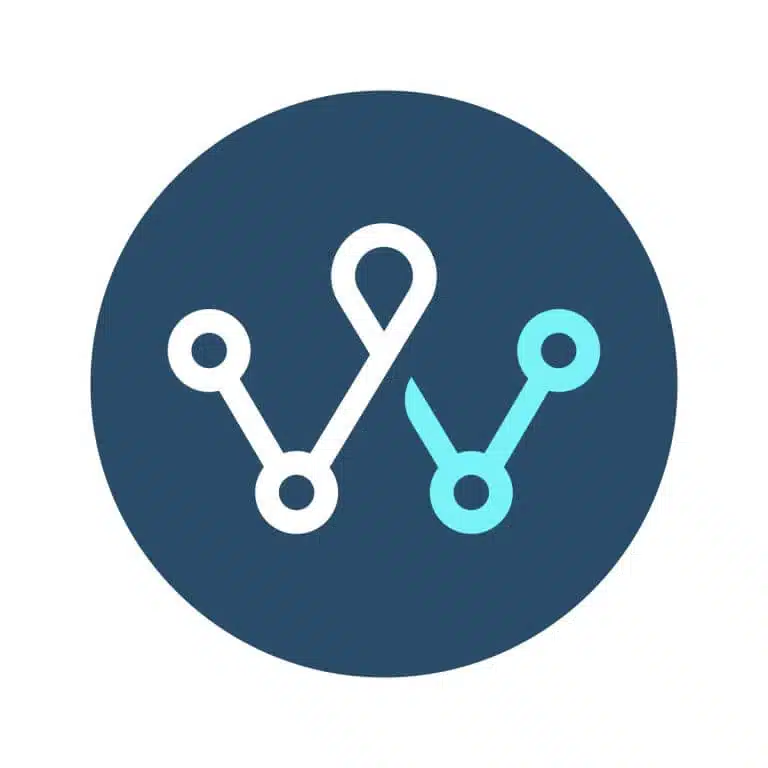Random intuition, haphazard experimentation, and unwarranted risk-taking unquestionably hinder the success of any development project. Thankfully, modern development teams have a powerful weapon at their disposal that does contribute to project success — data. In the modern digital economy, data helps us visualize output quality and quantity. It also allows us to extract actionable insights, and uncover possible strategies to improve a product or service. Ultimately, it also supports better decision-making. In today’s software development landscape, data plays a similar role, which has led to the rise of the data-driven development paradigm.
Data-driven development is different from the classical design and coding approach. Also, becoming data-driven is not always easy because more than a process change, it requires a mindset change. However, the results are usually worth it, and in this article, we explain why.
What is Data-Driven Development?
Data-driven software development is based on solid metrics like Key Performance Indicators (KPIs) or Objectives And Key Results (OKRs). Clear, objective, and unambiguous, these metrics encourage dev teams to think about the long-term strategic objectives of their day-to-day work and the business value of each project. The data allows these teams and individuals to visualize how their work contributes to business success, and how they can support the organization in meeting its vital goals.
Here, it’s important to note that despite its focus on hard numbers and statistics, the success of data-driven development depends on people. A metrics-based program can only succeed if individuals and teams understand the data, engage with it, and are open to leveraging it for continuous learning and improvement.
Furthermore, the company’s vision and leadership must align with the KPIs and OKRs identified as enablers of the data-driven development program. Robust software engineering metrics (the standards and benchmarks for a project and individual quality) and positive behavioral metrics (what drives your people and encourages them to deliver?) can also help drive program success.
[blog_box_cta url=”https://waypathconsulting.com/contact-us/” button_text=”Contact us to learn more.”] Increase accuracy and reliability of your applications with Data Driven Development.[/blog_box_cta]
What Are the Benefits of Data-Driven Development?
The data-driven approach, particularly with well-defined benchmarks, provides greater visibility into in-progress work. This allows each developer to see the impact of their individual effort on overall project success (or failure) and also enables teams to effectively measure the level of success.
Teams get the critical information and insights they need to shorten development timelines, solve everyday challenges, and rapidly implement any necessary transformations or changes for continuous improvement. This helps speeds up time-to-market; always a critical factor for competitive differentiation.
Moreover, data-driven development promotes a proactive and more agile problem-solving mentality, so that smaller issues can be fixed quickly before they evolve into serious predicaments, or cause long-term business setbacks.
Over time, data-driven development enables teams and the organization to explore comparative trends and patterns, both within the organization and in the broader industry or sector. This “big picture” information is vital to develop solutions that are always ahead of the curve.
These benefits notwithstanding, data-driven development can also raise some challenges if it’s not properly understood. These challenges must be addressed on priority if the organization is to benefit from its advantages.
WayPath’s Approach
At WayPath, a consistent data-driven development approach enables us to deliver ongoing value to every project and every client. Of course, our IT Consulting and development success is not all about the data. We also have a skilled and experienced team that leverages effective processes and frameworks to formalize success criteria, identify pain points, and drive meaningful digital transformation for our clients. For more information about our unique data-driven development paradigm, set up a free discovery call. Contact us here.




